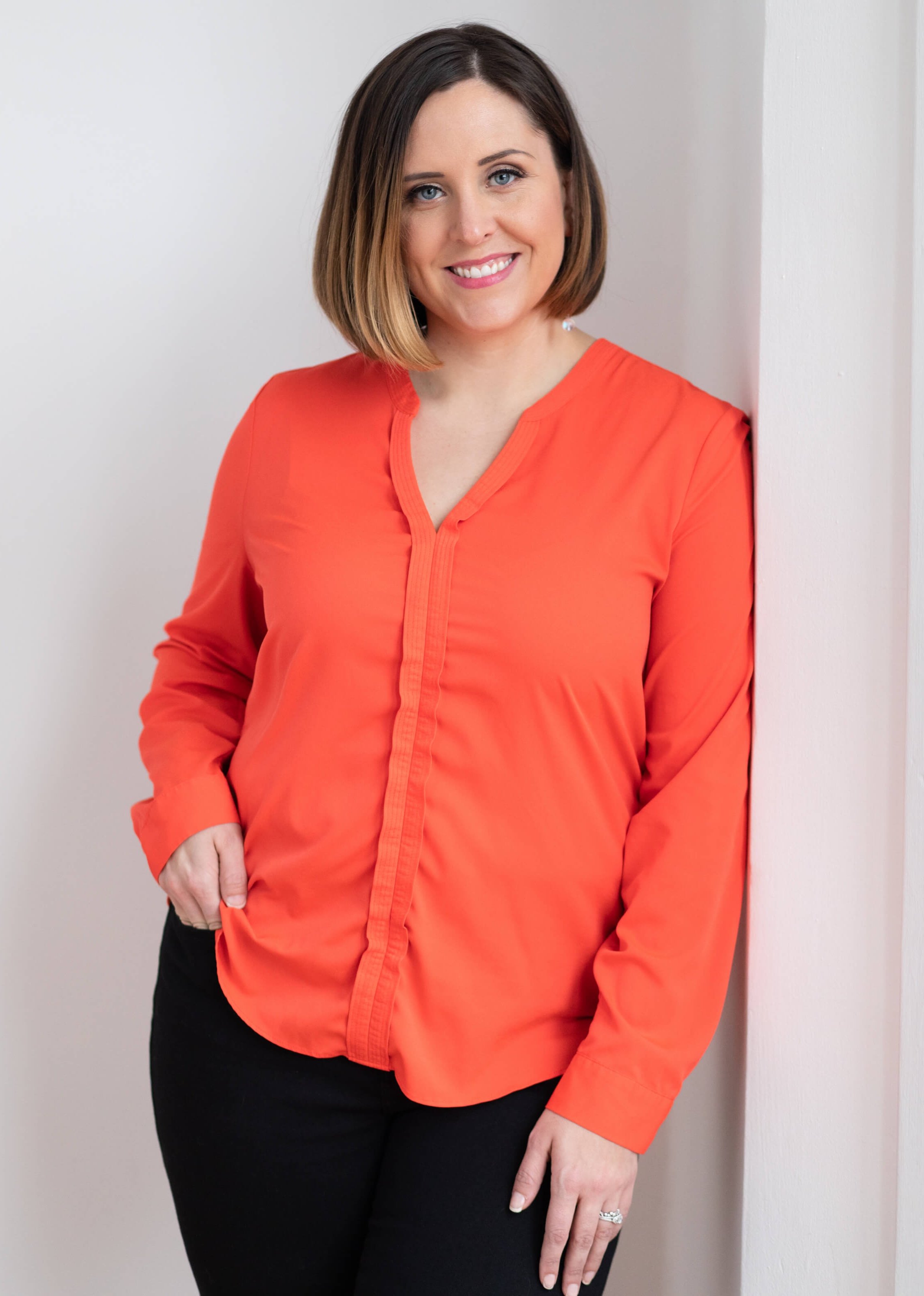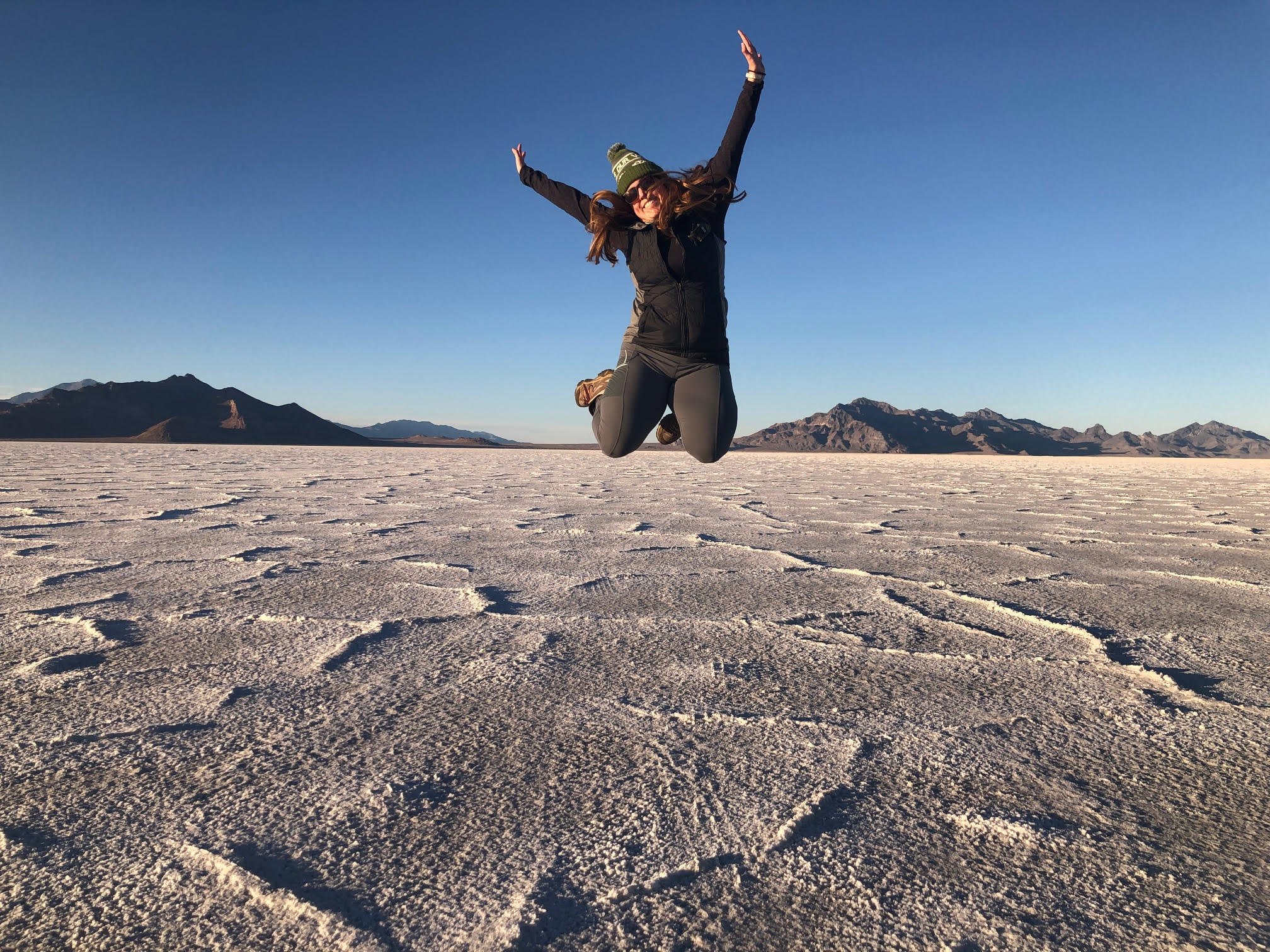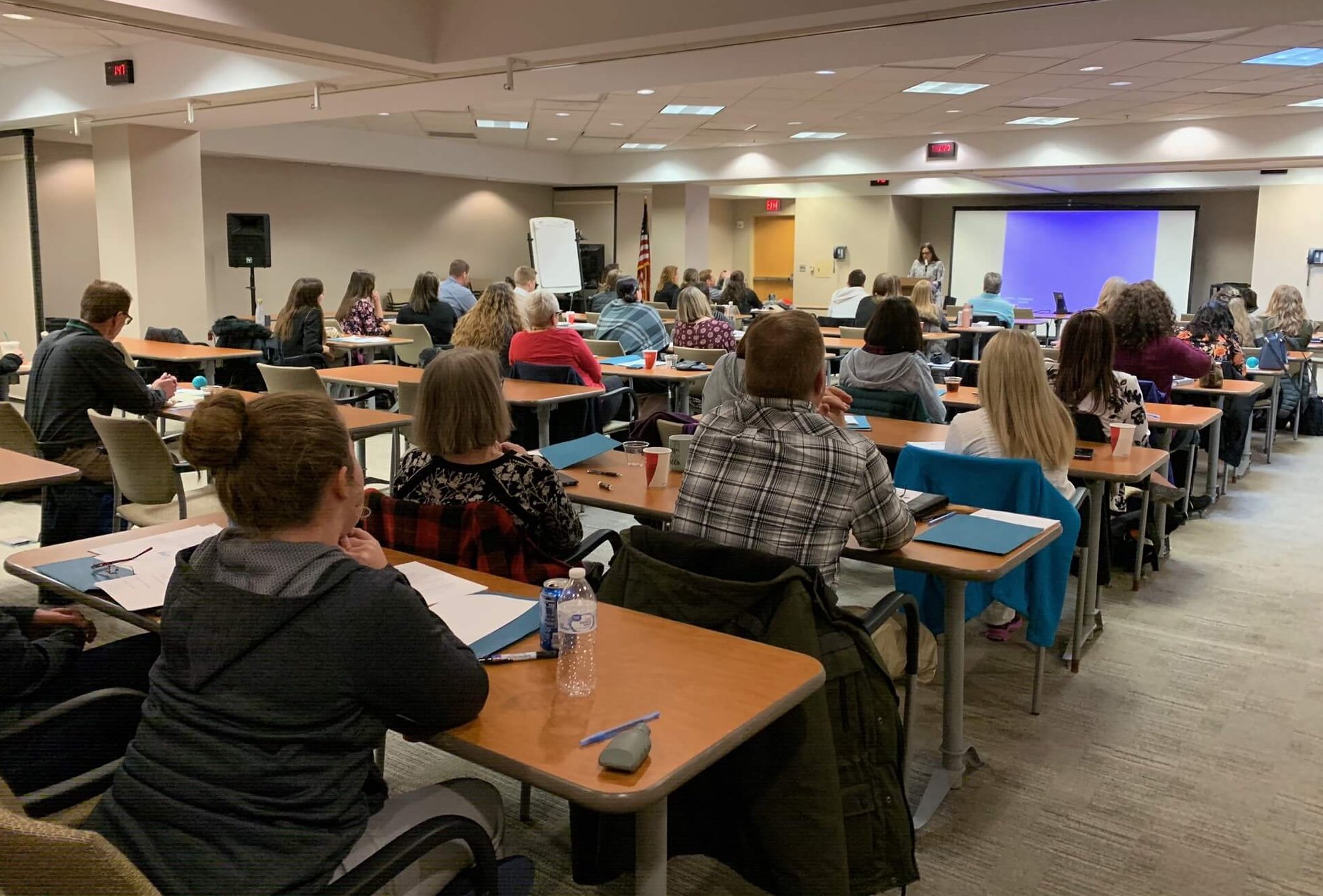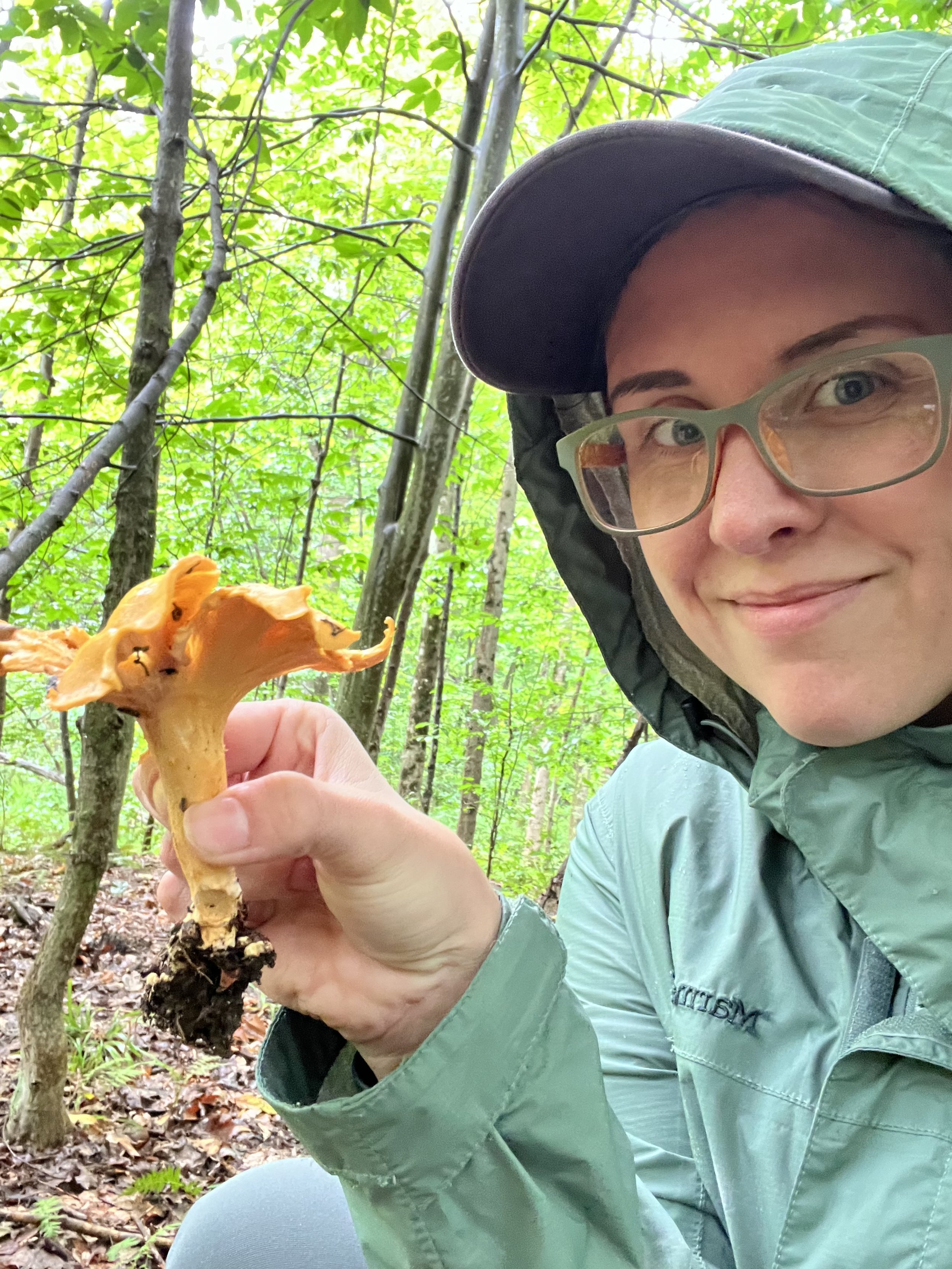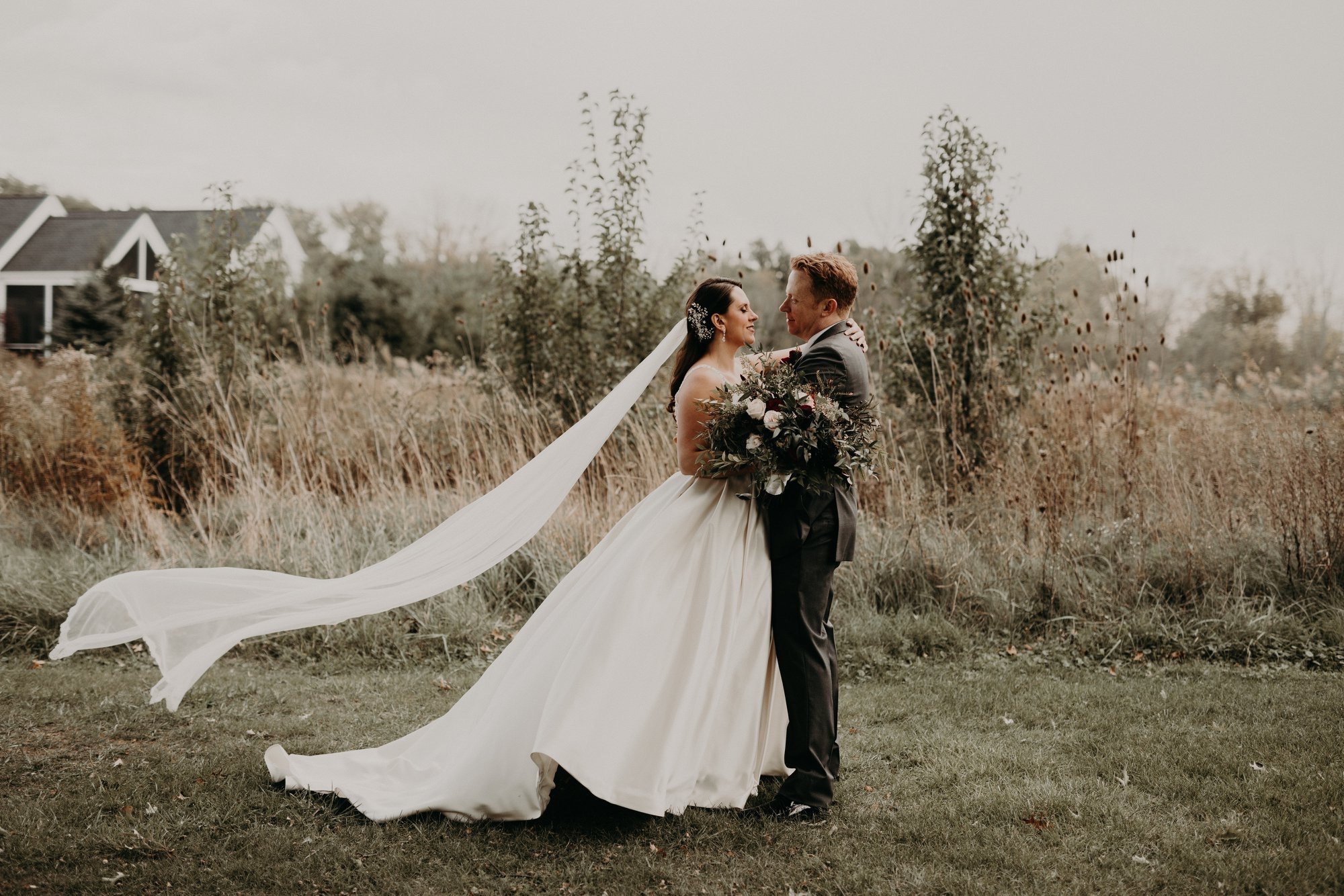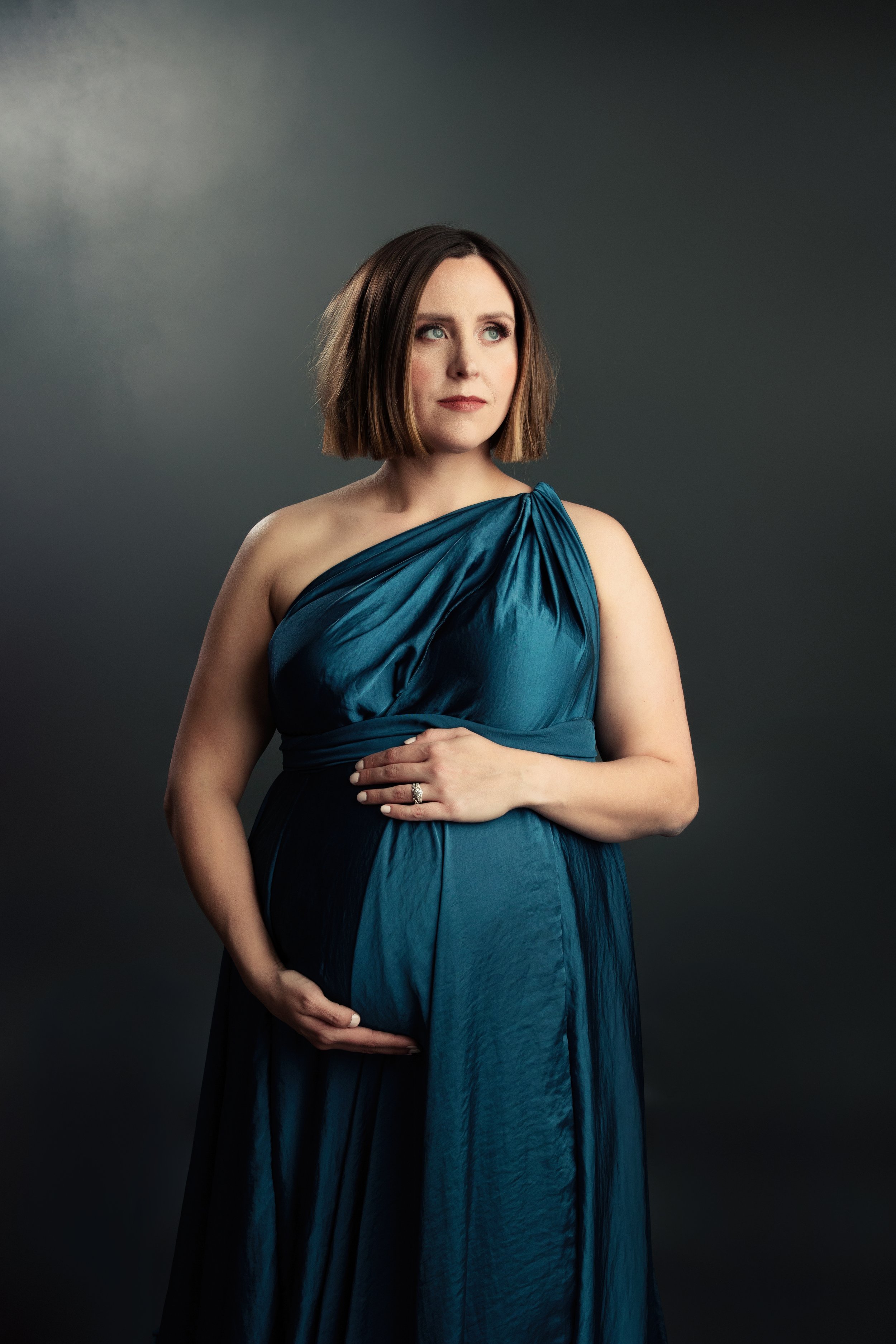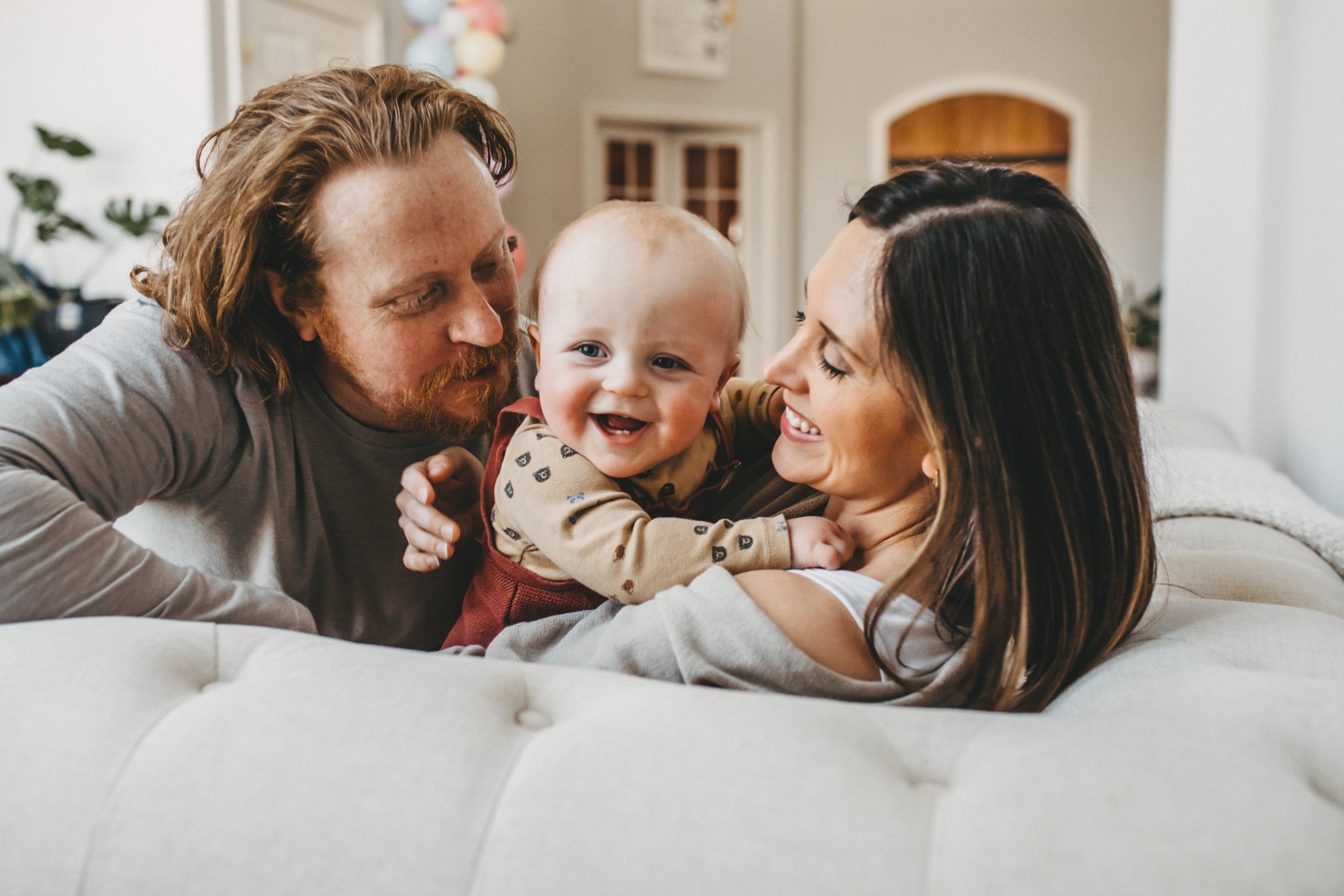Survivor Story: Master Manipulators and Teen Dating Violence
In the hazy world of teenage romance, whispers of love can drown out warnings of danger and the stark reality that far too many young people experience: teen dating violence. While February is dedicated to Teen Dating Violence Awareness Month (TDVAM), teen dating violence is a year-round epidemic with life-long consequences. Despite its pervasive nature, it’s difficult to identify, and due to it’s insidiousness and our blindspots around healthy relationships, it often goes undetected.
myPlan’s existence is led by survivors of domestic and dating violence, and we are incredibly grateful to the courageous people who have shared their deeply personal stories in order to help others prevent and heal from abuse. There is nothing more illuminating than a survivor’s story to teach us the realities of how relationship abuse unfolds and the deep scars it leaves. We invite you to listen, appreciate, and learn from those with lived experience.
Erika Kura
Teen Dating Violence Survivor
Erika Kura is a teen dating violence survivor, violence prevention activist, digital marketer, wife, mom, and dual degree Master of Public Health (MPH) & Master of Social Work (MSW) candidate. Step into her shoes as she guides you toward a deeper understanding of the insidious nature of teen dating violence through her lived experience.
Content Warning: This story comes from the perspective of a teen dating violence survivor and the realities of her experience, including emotional, psychological, and sexual abuse, and mentions suicide. Some content may be distressing for individuals who have experienced or are experiencing similar situations. Please prioritize your emotional and mental well-being while engaging with this content. If you or someone you know is in immediate danger, please seek help from a trusted adult, counselor, or local resources. You are not alone, and support is available.
“My teenage love story was a nightmare. But it didn’t start out that way.”
There’s so much I can say about my experience as a teen dating violence survivor; where do I even begin?
Questions I often receive are: Why did you stay with your abuser? If things were so bad, why didn’t you just leave? Did you report the abuse? How did you heal? And so on. No one ever asks me–or survivors in general–what our abusers did to prevent us from leaving. The focus is largely judgment on what we did or didn’t do instead of the abuser’s egregious behavior and the harm they caused another individual.
For this part of my story, I want to focus on how my abuser chose me using my vulnerabilities and showcase just how insidious the abuse was.
Vulnerabilities
It was 2004, and I was at the bottom of the totem pole again as I was leaving middle school as a “top dog” and entering high school as a 14-year-old freshman. It was my tomboy era, and I was trying to figure out my place in the world. I started getting into skateboarding, and the screamo scene was at its peak; it was the perfect genre to help me deal with some of my teen angst. Naturally, I wasn’t part of the popular cliques, but I generally got along with everyone and always had a group of friends.
At home, a lot was going on–not only were things stressful at the time I was entering high school but there were significant things that happened after I was born that added to my vulnerabilities as a teen.
Parental abandonment
My mother raised twins, born out of wedlock, on her own and worked hard to provide for my brother and me. My father was there for our birth, but he was out of the picture shortly after. When we were about 9 years old, he wrote to my mother, expressing a desire to have a relationship with my brother and me. A visit was arranged and we met our father for the first time. I was extremely hopeful we’d begin to have a relationship, but he ended up abandoning us again.
This was especially painful since my father had two other children from a previous marriage and was active in their upbringing. It was already difficult enough growing up without a father, but it was excruciatingly painful for him to give me hope that he wanted a relationship with me, then meet me, and then leave again. As a child, how could I not feel that I did something wrong and that I was defective, unwanted, and utterly dispensable?
Sexual abuse
My mom’s sister was the only relative close by, and my brother and I periodically stayed at her house. My aunt had a boyfriend, Jack, and one of my earliest memories when I was 3 or 4 years old was of me sitting on the couch watching TV with him. He was flipping through the channels and then stopped at a channel playing erotic pornography. I froze and urinated on the couch. I don’t remember anything after that, but this wasn’t the only time I was exposed to pornography when I went over there.
Grief and mental illness
My aunt battled a rare cancer and passed away when I was 9 years old. There was a lot of family grief after she passed. About a year later, our home phone rang and I answered it. It was Jack. He asked to speak to my mom, who was in another room close by, so I raised my voice and said, “Mom! The phone’s for you.” She picked up the phone in her room and said, “Thanks, Erika,” to let me know I could hang up, but I didn’t and listened in. Jack was talking about being gone at the end of the month. I thought he was moving away and didn’t think much of it.
One morning a few weeks later, my mom came into my bedroom to let me know Jack had died by suicide. Now I knew what he meant when he said he’d be gone by the end of the month. Guilt washed over me. My mother told me he struggled with manic depression and did everything she could to try and get him help.
Poverty
In the early 2000’s during the recession, my mom lost her job. She had a boyfriend, whom she’d been dating for several years at this point, and he became our pseudo-father figure in the midst of my biological father’s absence. He spent about 3 days per week living with us but maintained living in his small, long-term rented apartment the rest of the time. My pseudo-father figure was not rich; he was a blue-collar maintenance worker, but he helped a lot around the house and spent good quality time with my brother and me.
For many years, my mother couldn’t find adequate work that would pay anything near her worth with her master’s level education and over 30 years of experience in her profession. Money was extremely tight throughout my adolescence. I’d come home from school and see notices from the bank on the kitchen table mentioning home foreclosure. The phone would ring and my mother would tell me not to answer it. She didn’t have to say why; I knew we were in financial distress. I would often wonder what would happen to us if we lost our home–a home I grew up my entire life in–and that sense of security being taken away any given day.
The financial stress was causing my mother and her boyfriend to have more arguments, so when I turned 14, I took on three jobs to help make ends meet. It was a difficult and stressful string of years for my family and me.
Adverse childhood experiences increase the risk of violence victimization
It is well known that having adverse childhood experiences leads to a higher risk of violence victimization. Parental abandonment, sexual abuse, and poverty were significant adverse childhood experiences I had prior to entering high school, which made me more of a target for abuse.
Now that you have some background about my vulnerabilities, I’m going to show you how I was chosen as my abuser’s victim and how insidious the abuse was.
The first hello
It’s 2004, and I’m just starting my freshman year in high school. I’m sitting in art class sketching something, and a high school senior, Pete, comes up behind me and says, “Damnnn…that’s pretty good for a freshman.” Pete was well-known at school. He was eccentric and would aggrandize himself by behaving outlandishly. I didn’t know him well, but I knew of him, and I was surprised this popular “top dog” was paying attention to little ol’ me.
Like any 14-year-old going to a new school, I was trying to adjust and figure out some semblance of identity. It’s a time in adolescence when teens easily compare themselves and want to be accepted by their peers. Freshmen are notoriously treated poorly by upper classmates because they are viewed as the “weakest link” and are easily scapegoated. All of these dynamics and my stressful home life added to my vulnerability.
Pete gave me his number and asked for mine. I didn’t have a cell phone like he did, so I gave him my home phone. “How do you not have a cell phone?” he teased. I shrugged, felt embarrassed, and said, “I don’t know; maybe I’ll get one soon.” He continued paying attention to me and he was good at making me laugh, all of which were anecdotes to certain voids and stressors in my life.
Grooming my family and me
Pete offered my twin brother and I rides home after school so we didn’t have to take the “dumb @ss school bus,” as he put it. We didn’t even have our driving temps yet, so of course, it felt cooler getting a ride home instead of taking the bus. On the rides home, he’d give my brother unsolicited dating advice for “how to get girls.” I didn’t know this was called negging at the time, but he’d tell my brother to talk to girls in a provocative way that would incite an emotional response.
“Wow, you look good. I guess you actually made an effort today.”
That was how you get girls. You give her a deliberate backhanded compliment to diminish her self-esteem so she will be more receptive to you and your sexual advances.
While Pete was driving and sharing his “sage advice” with my brother about getting girls, he was also simultaneously negging him at the same time. “Dude, you’re not gonna get any girls looking like that,” referring to his clothes. I could sense my brother’s embarrassment. “Don’t worry, dude. I’ll take you shopping and fix you up, and you’ll be an OG like me in no time.” Throughout these car rides, Pete would tell outlandish stories, give us the ins and outs and dos and don’ts of navigating high school, talk about the girls he’d been with, say he’d soon be making millions of dollars, and periodically remind us how lucky we were that he was “investing” in us.
The first time he met my mom, he greeted her with open arms, a big grin, and said, “Hi, Mom!” and went in for a hug. He met my pseudo-father figure, and he did not like Pete. After he met Pete, my pseudo-father figure started acting cold toward me and ignoring me. I desperately couldn’t understand why, but I knew I felt invisible and unwanted, and I internalized those feelings again–just like I had with my biological father.
Not long after I was being ignored, I came home from school one day and my mother told us things were over between her and her boyfriend. He didn’t even say goodbye, and I was abandoned by a significant man in my life again.
Charm and grand gestures
Everything in my life felt like it was crumbling, but Pete made me feel special; it was a reprieve from daily life with my mom being emotionally checked out, my pseudo-father figure leaving us and reopening that abandonment wound, and the financial stress my family was enduring.
He painted a picture of me in art class, wrote me a song and poems, bought me gifts, and asked questions about my biggest fears and family life.
My biggest fear was abandonment.
I broke down crying and told Pete about my pseudo-father figure leaving and my biological father leaving me twice. I desperately wished to be in my biological father’s life.
At that moment, Pete told me exactly what I needed to hear: “I won’t abandon you like they did,” and I desperately believed him.
Testing boundaries and reactions
Pete drove to my house and we watched a movie in the basement with my brother. We were sitting on one couch facing the TV, and my brother was across from us on another couch, also facing the TV. Pete asked me to go get a blanket because he was cold, so I did. I came back with the blanket and he prompted me to sit between his legs with my back against his stomach, and then he put the blanket over us.
About 15 minutes or so go by, and I feel his hand move to my pantline. My heart started pounding, and he continued to move his hand down, and I just froze in utter shock. Just like I did during my earliest memory.
I didn’t expect this. I didn’t want this. I felt like I was paralyzed everywhere, and this all happened when my brother was sitting less than eight feet away. We didn’t talk about it after the movie and I just hoped it wouldn’t happen again.
Devaluation and isolation
Pete continued to neg me more and more, each time chipping away at my already low self-esteem. Very insidiously, Pete went from making me feel like his world to making me feel like I had to prove myself and my worthiness to him.
When he found out I spent time with someone else, he’d say things like, “Why would you hang out with them? I know you’d much rather hang out with me,” and if there was any hesitation or response he didn’t like, he’d instill guilt and shame by saying things like, “I’ve spent so much time and money on you, held you while you cried, and you wanna spend time with that loser? You won’t ever find a friend like me again,” then hang up on me and intentionally ignore my calls to try and clear things up. It was truly psychological torture that kept me in a constant state of high alert and stress.
One example of call logs over a three day span after I got a cell phone showing the amount of times Pete would call. These calls happened at all hours of the day and night. In hindsight, it’s easy to see patterns of control and the verbal abuse and fights happening.
If I told him I already had other plans when he wanted to hang out, he’d say things like, “You promised you’d hang out with me,” even when I felt confident I didn’t promise him that. “Don’t lie and break your promise,” even though I wasn’t lying or breaking any promise, he was adamant and assured me I was.
Conversations easily went from 0 to 100 within 30 seconds and it made me retrace my words, examine my body language, and think about our conversation over and over again to figure out how things escalated so quickly. I spent an exorbitant amount of time ruminating in my thoughts. I’d ask myself what I did wrong and ask him what I did wrong. I became hyper-aware of my words to try and prevent these blow-ups and turned into a professional people pleaser because of it. It was completely exhausting.
He tore my friend group apart like a puppy playing with tissue paper. He lied to my friends about things I said and lied to me about things my friends said to break our trust and turn on each other to further isolate me.
He began complimenting other girls right in front of me and telling me about all the times he had to “fend off” girls who wanted him. He’d go as far as showing me pictures of girls he was friends with, point to their bodies, and describe how hot they were; it was this perplexity of feeling grateful for his time and attention despite clearly being below his standards of the girls he’s attracted to.
No choice
By this point, nearly all of my time was spent with Pete. One day, he insisted we watch the Lord of the Rings (LOTR) trilogy. I didn’t know much about LOTR, so I asked him what it was about and he said it was the “most epic” movie and I’d have to watch it with him to find out. He picked me up around dinner time and took me to his house to watch the movie.
The movie was long and I was getting tired when it ended and asked him to take me back home. “No! We are watching the trilogy!" he exclaimed. I shot a confused look and asked, “Wasn’t this the trilogy movie you wanted to watch?” He told me there were two more movies to go and insisted we watch all the movies, reminding me that I “agreed” to watch the trilogy and that I “couldn’t bail” on this experience. He was right. I couldn’t leave because I didn’t have a car. I couldn’t call anyone because I didn’t have a phone, and he told me his phone was dead when I asked to use it. And I did agree to watch thinking it was one movie. But aside from that, any reasonable person would not expect someone to watch a nine-hour movie series straight through.
I began falling asleep during the second movie and he woke me up and said, “If you can’t stay awake for the trilogy, then you have to agree to be my girlfriend.” He can’t be serious, I thought. I woke up to him shaking me, saying that I lost the “bet” and that I was now his girlfriend. I looked at the clock and it was almost 4:30 am. He then started taking my pants off and I immediately grabbed his hands and told him to stop. He told me to “relax” while I pleaded with him to stop. He looked at me and asked, “Do you trust me?” and in that instant, I knew any response I’d give him would not end well for me. I muffled, “…yeah, I think so,” and he said, “It’s a yes or no question.” I froze and felt powerless. I didn’t have a way home, and I was a 120-pound girl alone in a dark room with a 300-pound man.
The sun was starting to rise and he finally drove me home. Later that day, he changed his relationship status on mySpace from “Single” to “In a Relationship.”
Chaos, double-binds, won’t let go
There are many other jaw-dropping things I endured in this extremely narcissistic, abusive relationship during my teen years, and in between it all, he promised he’d change, told me what happened was all my fault, showered me with words of affirmation and gifts, screamed at me, told me no one would ever love me as he did. It was constant chaos and confusion.
Abusers are master manipulators and their victims are in a perpetual state of double-binds. For example, my abuser held me to unachievable standards while he felt entitled to none; he exerted control over every aspect of my life but insisted I had the freedom to make my own decisions; and he isolated me to depend on him but would tell me I was too dependent on him and too needy.
So, why did I stay? I stayed because he refused to let me go.
When I set boundaries for my well-being or tried to leave, I’d receive constant messages like this:
These messages bombarded me any time I tried setting boundaries or leaving. I knew he’d try to communicate with me through other people, but I wanted to be left alone. Notice he’s adamant that he’s changed. He projects, lies, and makes himself the victim of why his past relationships ended, even though he was always the unfaithful one. He weaponized the religion I believed in at the time and literally stalked me. He pretended to lower his power to make me think I had a crumb of power when he knew he overpowered me in many ways. He talked about his brink of financial success, knowing my family and I were in significant financial distress, and he explicitly said he would do everything in his power to make me his. If you listen to Konstantine by Something Corporate or read the lyrics to the song he is referring to, you can see how psychologically manipulative he is.
The amount of abuse I endured wreaked havoc on me. I developed an eating disorder because he was constantly comparing my body to my friends and other women. I didn’t sleep well and had migraines often. Frequently, I was in a dark place and began having suicidal ideation.
Eventually, I was able to escape, but it wasn’t until several years after that I began to fully realize just how abusive he was.
Enough.
Even after I left, he kept inserting himself into my life: jogging by my house, finding me at restaurants and pulling up a chair to sit at my table, and continually adding me on social media even after I had blocked him over and over again. This harassment lasted for 10 years after I left him. I just wanted to be free from him and telling him to leave me alone and blocking him clearly wasn’t working. I decided to make my story public for the first time.
Going public
After going public about my abuse, many people reached out to offer support, and several people came forward to share how they saw him abuse me and others, and he abused them–some of whom were minors at the time. Here are some of their testimonies:
Reporting the abuse
I reported his abuse on 4 separate occasions. I was failed by law enforcement and the ‘justice’ system every single time–even when nearly 10 additional people came forward to share their stories of his abuse.
Today, Pete is still out there freely abusing young girls and women because our legal and ‘justice’ systems are built to benefit perpetrators and burden victims of intimate partner violence. It’s like women have to be killed and become crime scenes in order to get these systems involved, and even then, these systems and society question what the victim did or didn’t do to deserve their death. It’s truly asinine.
Healing: the crossroads between should and must
The healing part.
Healing was a lot of work for a lot of years. Hard work. Unfair work. But necessary work.
At 23 years old, I hit rock bottom as I came to realize the extent and impact of my abuse from Pete. It was the crossroads between should and must, and I chose must. I chose to heal because I couldn’t keep living the way I was living, and being treated the way I was being treated. I had to rediscover myself, learn about my family history, and I had to heal both my childhood wounds and the wounds from Pete’s abuse.
Deciding to heal was the best gift I gave myself; it allowed me to discover who I really was without my trauma having control; it challenged me to learn, grow, and get out of my comfort zone–especially the comfort zones that were holding me back from my potential; it taught me how to trust my intuition and the ability to understand what healthy and unhealthy behaviors are; it afforded me the ability to become a healthy person, to attract healthy people in my life, and to love and be loved back; and it encouraged me to be the cycle breaker in my family. Healing enabled me to see a different path, and I forged the one I knew I deserved.
Renewed
Today, I know who I am: I’m a mom, wife, friend, business owner, graduate student, violence prevention activist, hobbyist, public speaker, forever learner, and so much more. I can honestly say I’m proud of how far I’ve come, and I genuinely love the life I rebuilt for myself.
A message from myPlan
If you’re seeing red flags in a relationship with a current partner or ex, or if you have a loved one whose relationship worries you, you are not alone. myPlan is free, private, personalized, secure, and backed by research to help with safety decisions if you, or someone you care about, is or may be experiencing abuse in an intimate relationship. We all deserve to feel valued and safe.


